Alumni
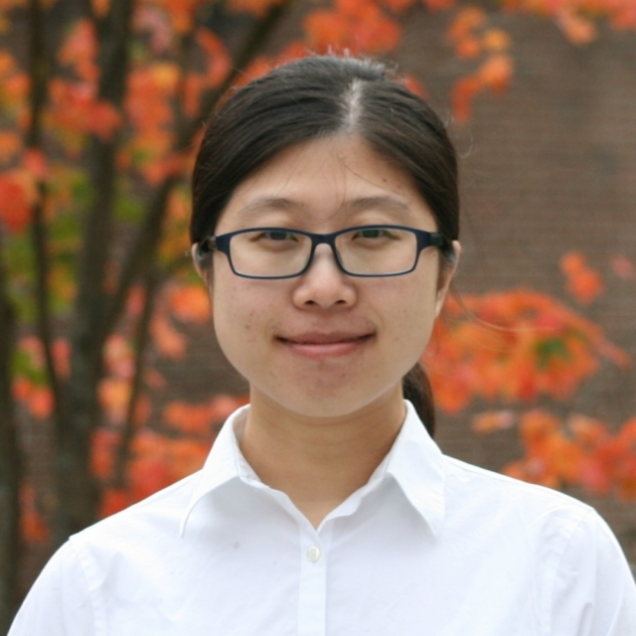 Yuanyuan Gao, Ph.D.
Yuanyuan Gao, Ph.D.
Postdoctoral Fellow
EDUCATION
Beihang University, China, Aircraft Environment and Life Security Engineering, BS
Rensselaer Polytechnic Institute, New York, Mechanical Engineering, PhD
BIOGRAPHY
Yuanyuan Gao studied the effects of neuromodulation on human motor behaviors using functional near-infrared spectroscopy for her PhD research. She was a postdoctoral fellow working in Boston University Neurophotonic center. Her research interest is functional near-infrared spectroscopy, multimodeled with EEG, eye-tracker, physiology measurements, neuromodulation and machine learning models.
PUBLICATIONS
Google Scholar list of publications
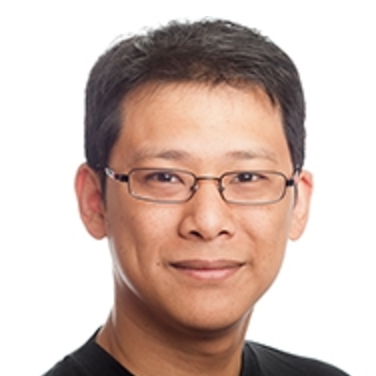 Anderson Chen, Ph.D.
Anderson Chen, Ph.D.
Lecturer
EDUCATION
Stevens Institute of Technology, Physics, B.Eng (2003)
Stevens Institute of Technology, Physics, MS (2005)
Stevens Institute of Technology, Physics, PhD (2011)
BIOGRAPHY
Dr. Anderson Chen was a research scientist in the Neurophotonics Center and the B.O.A.S. group. His primary function was to manage and develop new microscopy instruments through multi-disciplinary collaborations among the BU community. Some ongoing microscopy projects includes a three photon microscope, a two photon epi-Bessel beam microscope, serial sectioning OCT, and wearable fluorescent miniscope. In addition, Dr. Chen was the laboratory manager for the Bio-Medical Engineering department’s Micro and Nano Imaging Core Facility. The facility features three widefield microscopes, one TIRF microscope, and a laser scanning confocal microscope. His prior work experience includes a position at Janelia Research Campus- HHMI where he worked with Dr. Na Ji on adaptive optics for microscopy; Newport Corporation where he was a senior electro-optical engineer designing spectroscopic instrumentation and light sources; and a NRC scholar at North Carolina State University where he worked on developing novel thermal imaging sensors.
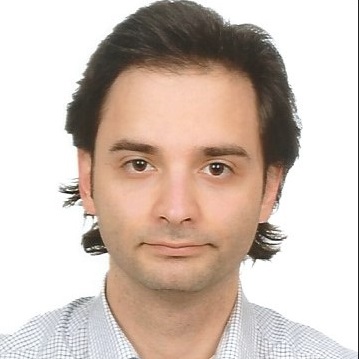
Şefik Evren Erdener, M.D., Ph.D.
Postdoctoral Fellow
EDUCATION
Hacettepe University, Turkey, School of Medicine, MD (2009)
Hacettepe University, Institute of Neurological Sciences and Psychiatry, Neuroscience, PhD (2012)
Hacettepe University, School of Medicine, Neurologist (2014)
BIOGRAPHY
Şefik Evren Erdener was a medical doctor of neurology. He received his PhD on neuroscience under mentorship of Professor Turgay Dalkara, with his work on the interactions between cortical spreading depression and headache pathways. He was a postdoctoral researcher interested in application of advanced optical imaging techniques to evaluate the hemodynamic and oxygenation mechanisms in cerebral microcirculation and the neurovascular interactions related to neuronal survival. He was utilizing animal models neurological diseases, like stroke and migraine to address clinically relevant problems for understanding pathophysiological mechanisms and developing treatment approaches.
PUBLICATIONS
ResearchGate list of publication
Jiarui Yang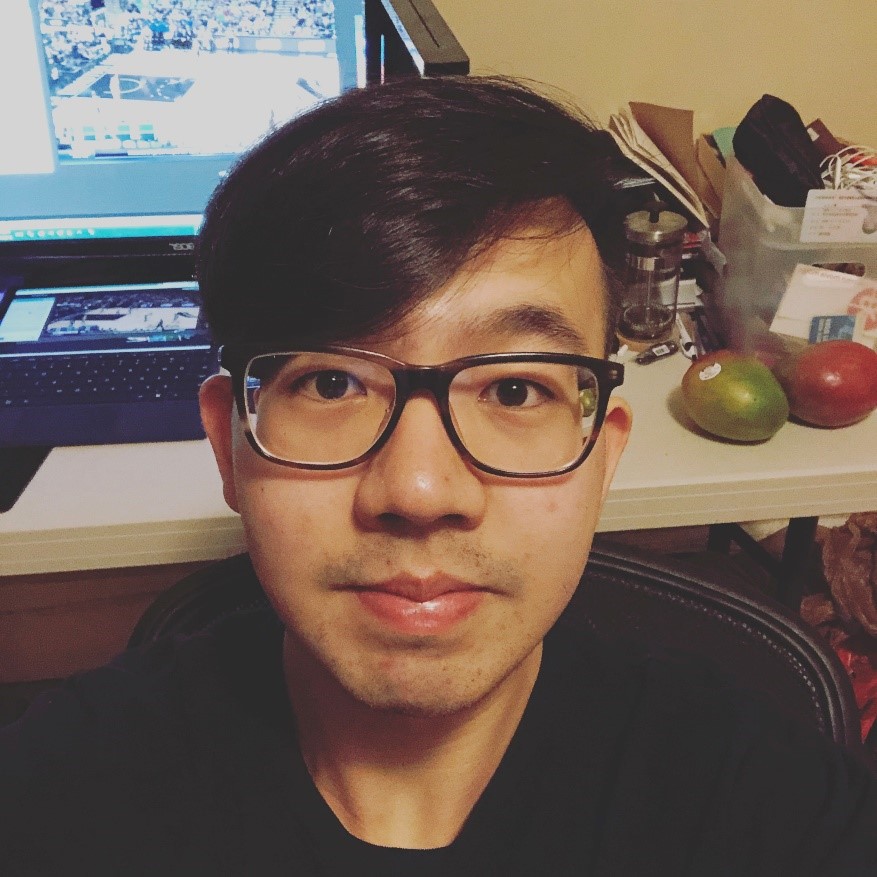
Graduate Student
EDUCATION
B.S. in Control Science and Engineering, Chu Kochen Honor College, Zhejiang University, China
MS/PhD in Biomedical Engineering, Boston University, USA
BIOGRAPHY
Jiarui Yang was a PhD student in the Biomedical Engineering Department at Boston University. He received his BS in Control Science and Engineering at Zhejiang University in June 2016. During his undergrad he worked with Dr. Chunyue Song and Dr. Quanzheng Li at Massachusetts General Hospital on evaluating the effectiveness of partial volume correction (PVC) on quantification of positron emission tomography images. He also applied PVC on AV-45 PET dataset of Alzheimer’s Disease patients and studied the pathological revolution using population based brain network analysis. He is currently a PhD student in Dr. Boas’ lab, where he will be developing an incorporated system with large-scale polarization sensitive optical coherence tomography (PS-OCT) and two-photon microscopy. The system is designed for serial sectioning human brain and the goal of this project is to build a cytoarchitectural atlas for whole human brain.
RESEARCH INTERESTS
Optical coherence tomography (OCT), Alzheimer’s Disease, computational neuroscience, artificial intelligence in medical imaging.
PUBLICATIONS
Google Scholar list of publications
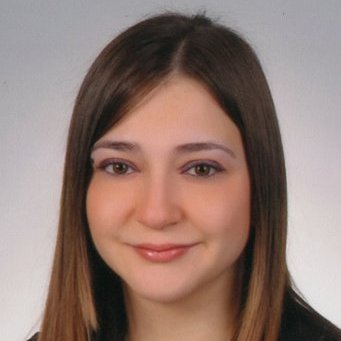 Kıvılcım Kılıç, M.D., Ph.D.
Kıvılcım Kılıç, M.D., Ph.D.
Research Scientist
EDUCATION
Hacettepe University, Turkey, MD
Hacettepe University, Turkey, Neuroscience, PhD
BIOGRAPHY
Kıvılcım Kılıç was the lab manager for the Neurophotonics Center. She was interfacing with BU faculty, students and fellows helping them utilize the facilities of the Center. She comes from the University of California San Diego (UCSD) where she was a postdoctoral fellow working with Anna Devor on studies of neurovascular coupling using two photon microscopy, optogenetics, electrophysiology and awake animal models. Prior to that she received her medical degree and neuroscience PhD from Hacettepe University, Turkey. While at UCSD she established several robust procedures for head fixed microscopy in mice and for multi-modal integration of several devices for investigation of neural networks and neurovascular coupling. She is an excellent communicator and has mentored numerous trainees in the adoption of these complex procedures.
PUBLICATIONS
Google Scholar list of publications
 Chang Liu
Chang Liu
Master Student
EDUCATION
Southern Medical University, Biomedical Engineering, China, BS
BIOGRAPHY
Chang Liu was a Master student in the Biomedical Engineering Department at Boston University. She received her BS in Biomedical Engineering and Economics at Southern Medical University in China in May 2017. During her undergrad she worked with Dr. Hua Zhang on Four-Dimensional cone beam CT reconstruction algorithm. She was working in Dr. Boas’ lab for her master project about Laser Speckle Contrast Image on cerebral blood flow measurement.
RESEARCH INTERESTS
Optical Imaging, Neuroimaging, neuroscience, computational modeling.
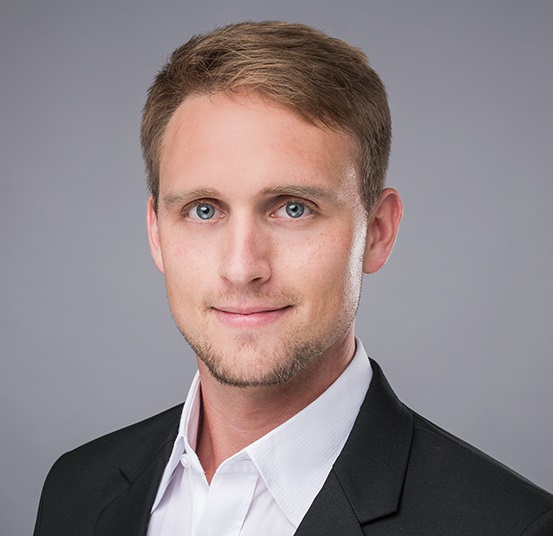 Alexander Von Lühmann, Ph.D.
Alexander Von Lühmann, Ph.D.
Postdoctoral Fellow
EDUCATION
Karlsruhe Institute of Technology (KIT), Germany, Electrical Engineering and Information Technology, BS + MS
Berlin Institute of Technology (TU Berlin), Germany, Electrical Engineering + Machine Learning, PhD
BIOGRAPHY
Alexander von Lühmann was a postdoctoral researcher at the Boston University Neurophotonics Center and Martinos Center for Biomedical Imaging, MGH Harvard Medical School. He received his PhD with distinction from Berlin Institute of Technology, where he designed hybrid wearable functional Near Infrared Spectroscopy (fNIRS) and Electroencephalography (EEG) instrumentation and machine learning based analysis approaches. His research focuses on multimodal diffuse optical instruments and multimodal signal processing towards neurotechnology applications outside of the lab.
RESEARCH INTERESTS
NIRS, fNIRS, TD-DCS, EEG, Brain Computer Interfaces (BCI)
PUBLICATIONS
Google Scholar list of publications

Antonio Ortega
Graduate Student
EDUCATION
Universidad of Guadalajara (Mexico), Electrical Engineering, BS
Centro de Investigaciones en Optica (Mexico), MS
BIOGRAPHY
Antonio Ortega was a Biomedical Engineering PhD student. He was an Electrical Engineer from the Universidad of Guadalajara (Mexico) and has a Masters in Optics from the Centro de Investigaciones en Optica (Mexico). While in Mexico, he worked for several years in industrial applications of light and infrared technology, mainly in quality control through photometry, spectrometry and artificial vision, as well as characterization of thermal materials and phenomena. Later, he immigrated to the United States to work as a Research Engineer at the Wellman Center for Photomedicine (in the Massachusetts General Hospital), where he used his previous experience to devise experimental setups to study diverse problems as differential diagnosis of skin conditions or muscle oxygenation of free diving seals. At this position is where he discovered his interest for biomedical engineering, which led him to start a PhD and eventually join the Boas lab, where he is working in a wearable low cost fNIRS system. Among his current interests are the problem of extracting biologically relevant information of in vivo tissue using light spectroscopy, and the data analysis techniques to extract useful information from the experimental data.
RESEARCH INTERESTS
Near Infrared Spectroscopy, Brain-machine interfaces, neurophotonics, instrumentation, data analysis
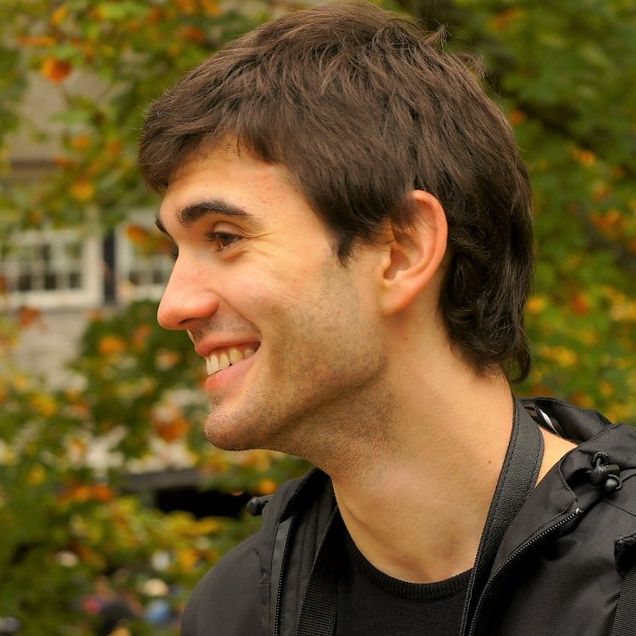 Dmitry Postnov, Ph.D.
Dmitry Postnov, Ph.D.
Postdoctoral Fellow
EDUCATION
Saratov State University, Russia, Physics, BS + MS
Saratov State Technical University, Computer Sciences, BS
Copenhagen University, Denmark, Medical sciences, PhD
BIOGRAPHY
Dmitry Postnov was a postdoctoral fellow at the Boston University Neurophotonics Center and at the Copenhagen University Biomedical Sciences Institute. He received his MS in Physics at Saratov State University in Russia and PhD in cardiovascular research at the Copenhagen University in Denmark. Dmitry was awarded Edmunds Optic Educational Award in 2015 for his research in laser speckle imaging. His research project was funded by Novo Nordisk Foundation and is focused on vascular imaging and early diagnostics of diabetes and hypertension.
RESEARCH INTERESTS
Laser speckle, OCT, vascular and blood flow imaging, hypertension, diabetes
PUBLICATIONS
Google Scholar list of publications
Graduate Student
EDUCATION
Cornell University, Biology and Society, BA
Boston University School of Medicine, Graduate Program for Neuroscience, MD/PhD candidate
BIOGRAPHY
Shen Ning was PhD candidate in the Graduate Program for Neuroscience. She graduated from Cornell University in 2015 with a B.A. in Biology and Society and a minor in Cognitive Science. Her previous research with Dr. Jan Lammerding at the Weill Institute for Cell and Molecular Biology involved elucidating vascular smooth muscle defects in Hutchinson-Gilford Progeria Syndrome. She spent her junior year abroad at Oxford University, where she worked on research projects aimed at understanding the basis of working memory under the supervision of Dr. Anna Christina Nobre and Dr. Masud Husain. She joined the Boas lab as a first-year PhD student and was working to apply optical imaging tools to characterize neurovascular changes in animal models of neurodegeneration, such as Alzheimer’s Disease.
RESEARCH INTERESTS
Alzheimer’s disease, neurodegeneration, OCT, LSI, TPM, memory and cognition.
INTERESTS
Aside from research and medicine, Shen enjoys traveling and is an amateur competitive ballroom dancer.
PUBLICATIONS
Google Scholar list of publications
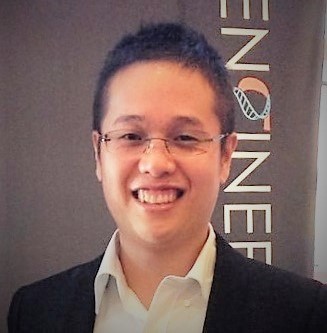 Jianbo Tang, Ph.D.
Jianbo Tang, Ph.D.
Postdoctoral Fellow
EDUCATION
Harbin Institute of Technology, China, Instrumentation Science and Engineering, BS and MS
University of Florida, USA, Biomedical Engineering, PhD (2016)
BIOGRAPHY
Jianbo Tang received his PhD in Biomedical Engineering from University of Florida in 2016. Currently, he was a postdoctoral research fellow working with Dr. David Boas in the Department of Biomedical Engineering at BU and the Athinoula A. Martinos Center for Biomedical Imaging at MGH-Harvard Medical School. His research focuses on developing novel functional imaging technologies for biomedical applications, with particular interest in photoacoustic imaging, functional ultrasound imaging, and optical coherence tomography.
RESEARCH INTERESTS
Optical coherence tomography, dynamic light scattering-optical coherence tomography, photoacoustic tomography, photoacoustic microscopy, functional ultrasound imaging.
PUBLICATIONS
Google Scholar list of publications
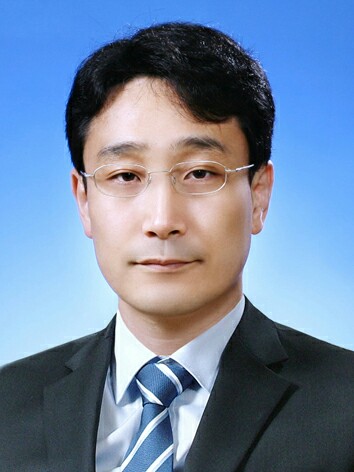 Seong-Wook (Sparky) Park, Ph.D.
Seong-Wook (Sparky) Park, Ph.D.
Research Scientist
EDUCATION
Changwon National University (South Korea) BS(1998)
Changwon National University (South Korea) MS (2000)
Stevens Institute of Technology, Physics, Ph.D. (2013)
BIOGRAPHY
Dr. Seong-Wook Park joined the Neurophotonics Center and the B.O.A.S. group as a research scientist. Previously he was a senior research engineer at U2MedTek – a start-up company that specializes in building medical devices to diagnose sinusitis. His novel design helped advance the instrument from a research prototype to a commercially available diagnostic tool. Before the start-up, he was a post-doctorial scholar at the Ulsan National Institute of Science and Technology (UNIST) where his work helped develop a stand-off landmine detection system using spectroscopic techniques. He holds two patents in Korea for the unique design of the diagnostic mouth-piece and the laser scanning system in landmine detection.
 L. Nathan Perkins, Ph.D.
L. Nathan Perkins, Ph.D.
Postdoctoral Fellow
EDUCATION
University of Southern California, neuroscience, BS
MIT, Technology and Policy, MS
Boston University, Biomedical Engineering, PhD
BIOGRAPHY
L. Nathan Perkins was developing, modeling and validating a novel technique to use bundles of optical microfibers to interface with deep brain region, building on his dissertation work in the Lab of Neural Circuit Formation with Professor Tim Gardner. He previously completed a Master’s degree in Technology and Policy at MIT, where he researched network models of emergent behavior in complex organizations. Prior to graduate school, he attended the University of Southern California, finishing in 2007 with a degree in neuroscience, and spent two years as a Peace Corps volunteer working in South Africa.
Website:
https://www.nathanntg.com/
PUBLICATIONS
Google Scholar list of publications
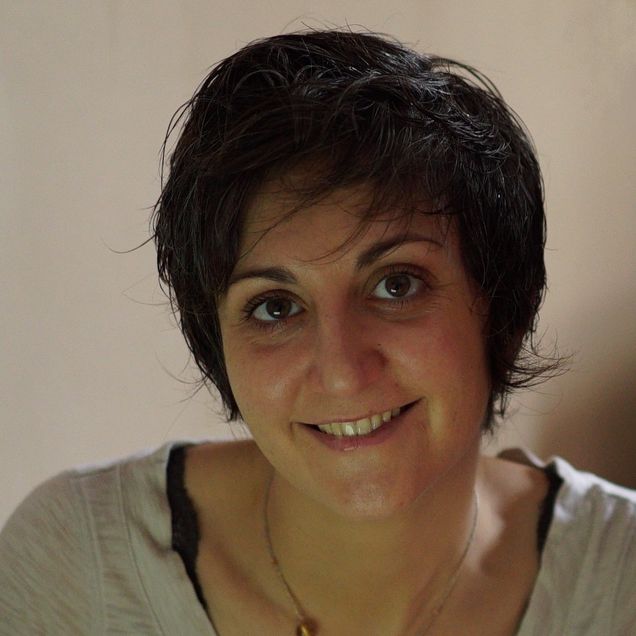 Juliette Selb, Ph.D.
Juliette Selb, Ph.D.
Senior Research Scientist
EDUCATION
École Supérieure d’Optique, France, Optical Engineering, MSc
Université Paris-Sud / ESPCI, France, Optics & Photonics, PhD (2002)
BIOGRAPHY
Juliette Selb’s research interests revolve around the development of novel diffuse optical imaging techniques, and their applications to physiological and medical questions. She was an Instructor at the Optics at Martinos, Massachusetts General Hospital, Harvard Medical School, until 2017. She worked on instrumentation and algorithms development related to near-infrared spectroscopy (NIRS) and diffuse correlation spectroscopy (DCS), and on the clinical translation of these technologies, notably to brain monitoring in neurocritical care and during cardiovascular surgery. Her work at BU focused on establishing functional NIRS as a solid, flexible brain imaging modality for a broad range of collaborative studies.
RESEARCH INTERESTS
Biomedical optics, diffuse optical imaging, functional near infrared spectroscopy (fNIRS), diffuse correlation spectroscopy (DCS), clinical neuromonitoring.
PUBLICATIONS
Google Scholar list of publications
 Cameron Snow
Cameron Snow
Master Student
EDUCATION
Western University, Mechatronic Systems Engineering, BS
BIOGRAPHY
Cameron Snow was a Master’s of Science candidate in the Biomedical Engineering Department at Boston University. He received his BS in Mechatronic Systems Engineering from Western University in London, Ontario, Canada in May of 2017. During the summer times he has worked as a data analyst and programmer for an intraoperative neuromonitoring company, SafeOp Surgical. Throughout his time there, he designed now patented software to filter non-physiological signals from somatosensory evoked potentials. he was completing his Master’s degree with Dr. Boas where he was helping to produce an open source fNIRS system.
RESEARCH INTERESTS
Medical device design, neuroengineering, neurophysiology, algorithm production, software design.
INTERESTS
Apart from research, Cameron enjoys playing music with friends as well as playing ice hockey.
 Smrithi Sunil
Smrithi Sunil
Graduate Student
EDUCATION
Case Western Reserve University, Biomedical Engineering, BS
BIOGRAPHY
Smrithi Sunil was a PhD candidate in the Biomedical Engineering Department at Boston University. She received her BS in Biomedical Engineering with a minor in Electrical Engineering from Case Western Reserve University in May 2015. She was a PhD candidate in the BOAS Lab, where she was applying various optical techniques to characterize changes in cerebral vascular structure, hemodynamics, and neurovascular coupling after stroke. The goal of her project was to study functional recovery after stroke. Prior to her PhD, during her undergrad, she worked with Dr. Jeffrey Capadona on characterizing and improving electrode performance and inflammatory response that result from intracortical microelectrode implants.
RESEARCH INTERESTS
Neuroengineering, neurovascular coupling, hemodynamics, stroke recovery, neurophotonics, optogenetics.
PUBLICATIONS
Google Scholar list of publications
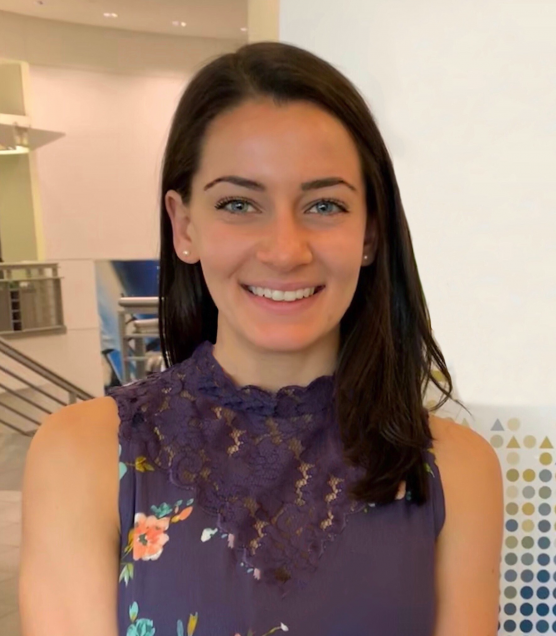 Maria Lennaco
Maria Lennaco
MS Student
EDUCATION
Boston University, Biomedical Engineering, BS
Boston University, Neuroscience, BA
BIOGRAPHY
Maria Iennaco was a MS candidate in Biomedical Engineering. She received her BS in Biomedical Engineering and BA in Neuroscience from Boston University in 2019. As an undergraduate she worked with Dr. Colón-Semenza in the BU Center for Neurorehabilitation researching therapies for individuals with Parkinson’s Disease. In collaboration with researchers at Johnson & Johnson Maria contributed to the development of a device to deliver therapeutic Near Infrared Light to the orbitofrontal cortex of patients with neurodegenerative diseases. In the BOAS lab she will continue studying photobiomodulation and investigate its potential as a therapeutic technique for stroke recovery.
RESEARCH INTERESTS
Neuroengineering, Neurodegenerative Diseases, Brain-Machine Interfaces
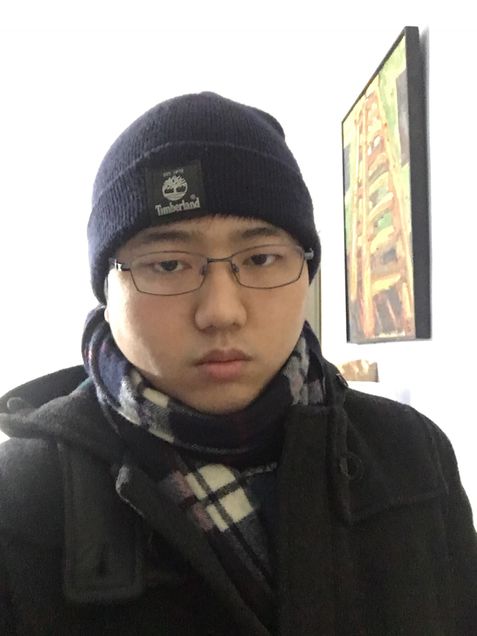 Kuan Cheng Wu (Tony)
Kuan Cheng Wu (Tony)
Graduate Student
EDUCATION
National Cheng Kung University, BS and MS
BIOGRAPHY
Kuan Cheng Wu was a PhD candidate working on diffuse correlation spectroscopy in BOAS lab. Prior to joining Boston University, he received his B.S and M.S. from National Cheng Kung University, Taiwan in 2015 and 2017. His undergraduate research mainly focused on the engineering aspect of near-infrared spectroscopy. During the period of the master program, he joined the optics division of Martinos Center, Massachusetts General Hospital where he got involved in the research of diffuse correlation spectroscopy to investigate hemodynamics and non-invasive intracranial pressure under Professor Maria Angela Franceschini.
RESEARCH INTERESTS
Near-infrared spectroscopy, diffuse correlation spectroscopy
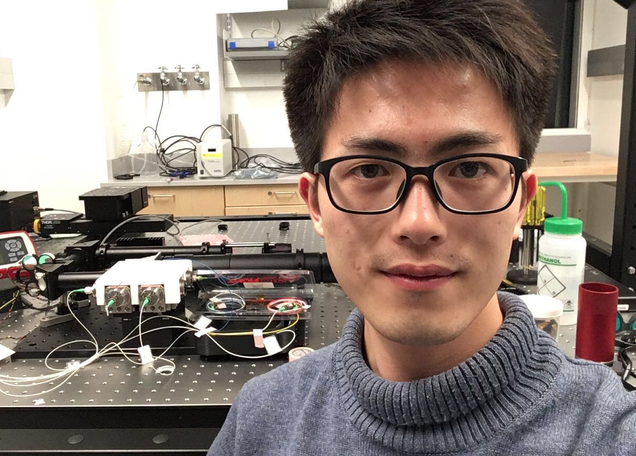 Stephan (Shuaibin) Chang
Stephan (Shuaibin) Chang
Graduate Student
EDUCATION
University of Science and Technology of China, BS
BIOGRAPHY
Stephan Chang is a Phd student in Electrical and Computer Engineering department at Boston University. He received his BS in Physics from USTC. In undergraduate, he worked with Professor Jixin Cheng in BU with a Stimulated Raman Spectroscopy Endoscope project and with Professor Bi in USTC with a STORM and light-sheet microscopy project. Now he’s working on a swept source OCT project in the Boas lab. With SS-OCT and other imaging technologies, the team are aiming at whole human brain imaging. Apart from research, he’s also interested in tennis, running, photography and trying to learn rowing, swimming and skiing.
RESEARCH INTERESTS
Microscope design and development, microscope control system, machine learning algorithms in image processing.
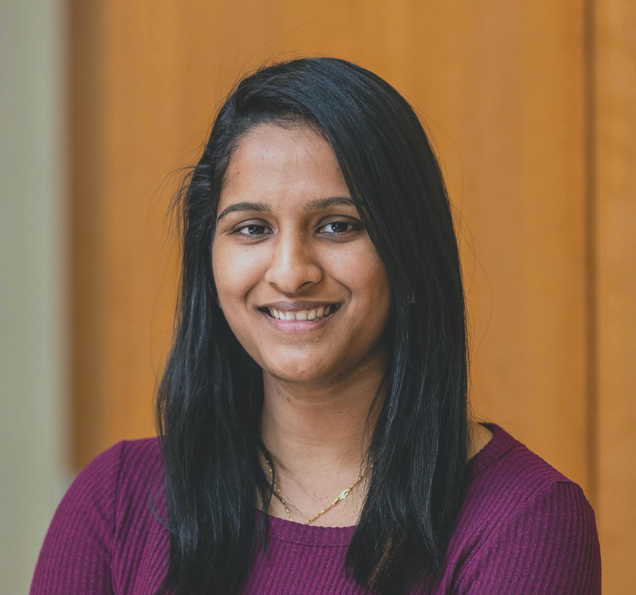 EDUCATION
EDUCATION
Indian Institute of Science Education and Research, BS-MS
BIOGRAPHY
Sharvari Zilpelwar is a Ph.D. candidate in the Electrical and Computer Engineering Department. She received her Bachelor’s and Master’s degree in Physics, from the Indian Institute of Science Education and Research (IISER) Pune in 2018. For her masters’ thesis, she studied the spatio-temporal properties of multiply scattered ultra-broadband light under the supervision of Sushil Mujumdar at Tata Insititute of Fundamental Research. In BOAS lab, she is developing a system based on full-field optical coherence tomography to increase the penetration depth of the multiphoton microscope. Additionally, she is involved in building a system for depth-resolved laser speckle imaging.
RESEARCH INTERESTS
Microscope Design and Development, Full Field OCT, Laser Speckle
 Stephan (Shuaibin) Chang
Stephan (Shuaibin) Chang
Graduate Student
EDUCATION
University of Science and Technology of China, BS
BIOGRAPHY
Stephan Chang was a Phd student in Electrical and Computer Engineering department at Boston University. He received his BS in Physics from USTC. In undergraduate, he worked with Professor Jixin Cheng in BU with a Stimulated Raman Spectroscopy Endoscope project and with Professor Bi in USTC with a STORM and light-sheet microscopy project. he was working on a swept source OCT project in the Boas lab. With SS-OCT and other imaging technologies, the team were aiming at whole human brain imaging. Apart from research, he’s also interested in tennis, running, photography and trying to learn rowing, swimming and skiing.
RESEARCH INTERESTS
Microscope design and development, microscope control system, machine learning algorithms in image processing.
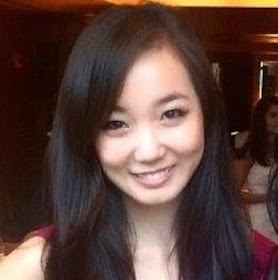 Shen Ning
Shen Ning